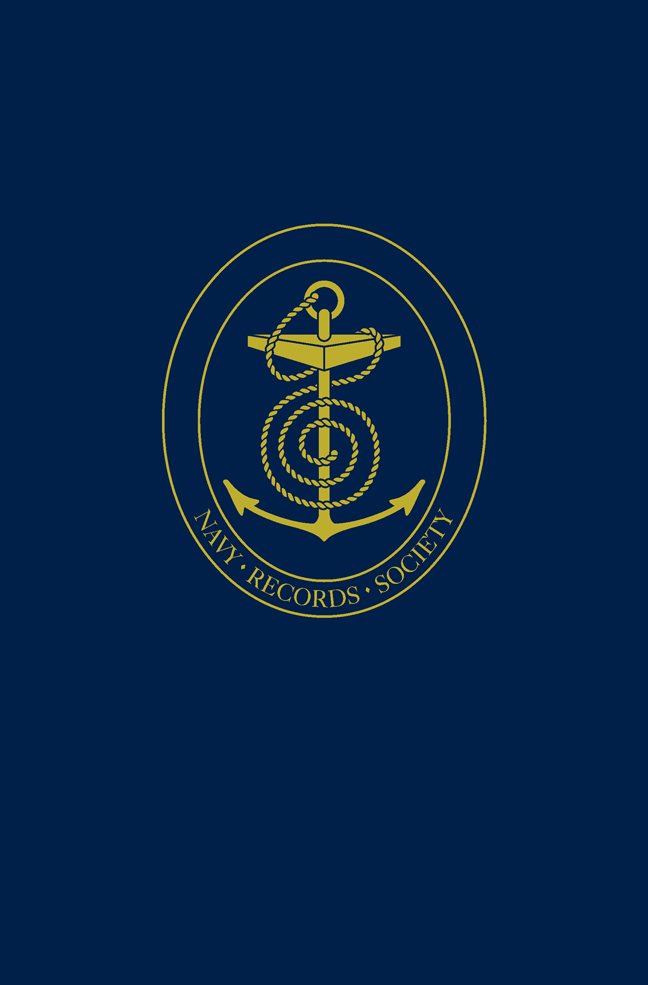Part II - Mary I (1553–1558)
Published online by Cambridge University Press: 05 March 2024
Summary
In the immediate aftermath of Edward's death on 6 July, the navy found itself in what could have been the front line. This was because the King had attempted to decree that his successor should not be his Catholic half-sister Mary, who was the heir both by statute and by their father's will, but rather his Protestant cousin the former Lady Jane Grey, now married to Northumberland's youngest son. Jane apparently had the support of the Council, and was duly proclaimed. Mary made her way to Kenninghall in Norfolk, which was in the heart of her own estates, and in turn proclaimed her right. By 13 July the Council believed that she was in flight for the Low Countries and sent a squadron of half a dozen ships to intercept her [II.1]. Mary, however, had no such intention. Not only was she the lawful heir, she was also the popular choice. First at Kenninghall and then at Framlingham in Suffolk her supporters rallied to her and she soon had a formidable force, led by her committed servants. Meanwhile the naval operation had been frustrated by bad weather; five of the ships sheltered in the Orwell, while the sixth, Greyhound, ended up at Lowestoft [II.2]. There the captain, Gilbert Grice, was arrested, but Mary's Council duly accepted his submission on the 17th, and he was continued in command of his ship [II.3]. Perhaps inspired by Grice's example, or perhaps solicited by Sir Henry Jerningham on Mary's behalf, the other ships followed suit, and some of their guns were transported to the Queen's camp at Framlingham. As a temporary measure, the six ships under the Queen's control were, on 19 July, put under the charge of an experienced shipman, Sir Richard Cavendish. On the 25th he was superseded by William Tirrell, appointed as Vice-Admiral [II.4]. The Lord Admiral, Lord Clinton, made his peace with the new regime, though his actual submission is not recorded. The rapprochement was brief because in November he was dismissed in favour of Lord William Howard [II.5–7]. Then William Winter, the Surveyor, was suspected of involvement in Sir Thomas Wyatt's rebellion of January 1554, which was provoked by the Queen's intended marriage.
- Type
- Chapter
- Information
- The Navy of Edward VI and Mary I , pp. 273 - 280Publisher: Boydell & BrewerFirst published in: 2024

